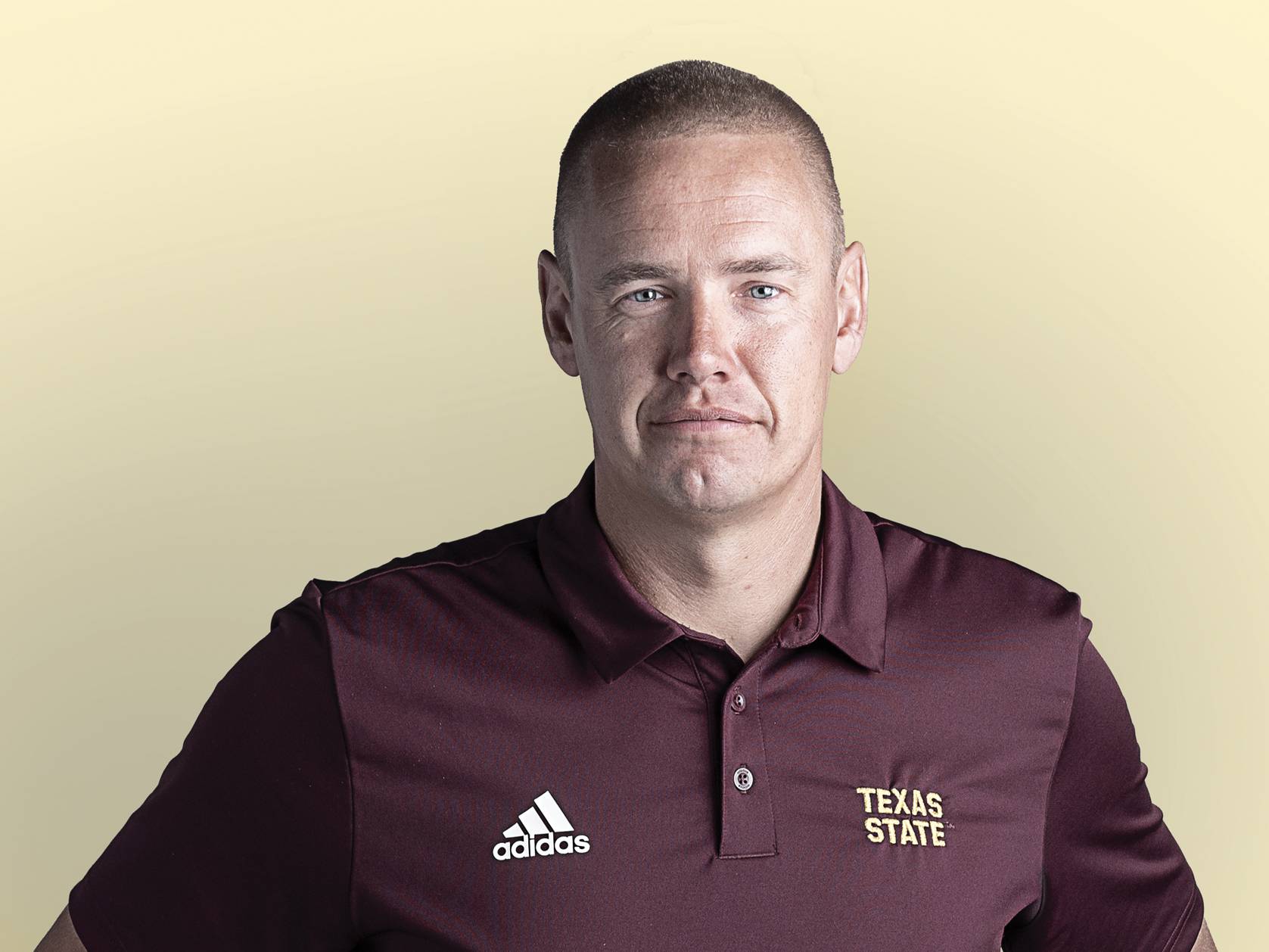Pär Nilsson

Swedish-born coach brings wealth of skills to women's golf
By Mark Wangrin
Pär Nilsson was a highly accomplished junior golfer back home in Ljungsbro, Sweden. Then he came to the United States in 2000 to play for, and study at, Oklahoma State University.
That’s when the wires got crossed. The folks at OSU had some difficulty getting the hang of pronouncing “Pär.” In Swedish, the umlaut means it’s pronounced “pear,” with a rolling “r” at the end.
In Stillwater, Oklahoma, that was a nonstarter. Finally, Nilsson’s coach told him, “This is not going to work. From now on, you’re ‘Par’.” Now, any golfer can pronounce “Par,” even if not all get to truthfully claim it very much, so “Par” it was. It’s even on his driver’s license now, because he’s accepted it and because Americans don’t do umlauts. Truthfully, it is a great golf name, even though his parents, Christer and Agneta Nilsson, could have perhaps chosen “Birdie,” or even “Double Eägle.”
Pär Nilsson has heard the golf jokes. “A thousand times,” he says with a strained smile. “I don’t always laugh.”
Nilsson was named Texas State University women’s head golf coach in July 2019. He impressed the Bobcat administration with his diverse experience. “His college coach and everyone else we talked to couldn’t say enough good things about Par,” says Travis Comer, senior associate athletic director. “What he brought to the table was his knowledge of coaching, his use of technology to teach at the highest level. He has great recruiting ties to Scandinavia and Northern Europe.
“We’re at a place in our program’s development where there’s no reason we can’t go to the NCAA tournament every year,” Comer says.
While a prodigy in Sweden — Nilsson made the national Under 18 team at age 14 — he navigated a golf season that went from May through August. That left two options: Squeeze in as much golfin blustery conditions in April and September or head indoors and practice. He did both. “You can work on mechanics, strategy, sports science, things you don’t normally do when you’re playing on courses all the time,” Nilsson says. “I think it’s common for people to see the weather as a disadvantage. Swedish players take advantage of things that don’t seem good for their game.”
He loves Texas weather. Whereas some teams might take it indoors on cold, windy days, Nilsson embraces the harsh weather. “It gets really, really windy in the spring,” he says, excitedly. “I look at it as an opportunity to learn to hit the ball better, adjust for the wind, become mentally tougher.”
Social media is one of Nilsson’s primary tools. It allows him to promote his program internationally, report news, and reach potential recruits. It also is a de facto instant pressure cooker.
Sometimes in practice he’ll live Instagram a player making a shot, telling them, “The world is watching. You HAVE to hit the shot," he says.
“I like to tell them, ‘Bring it on.’ We like to do tough things.”
As a child, Nilsson made tough things look easy. The son of a lanky, club-level basketball player, the 6-foot-5 Nilsson was always taller than his peers, but also more athletic. He played soccer, as well as hockey, tennis, and golf — sports where swing mechanics, though different, are important.
Christer Nilsson had never played golf before when he took his son, then 7, to the course. A good athlete in his own right, the elder Nilsson picked up the game quickly, but not as quickly as his son, who as a 6-foot 13-year-old was already a big hitter and scoring in the mid 70s.
Nilsson quickly made a name for himself in Europe, and that caught the attention of OSU’s Mike Holder, who had success recruiting Swedish players. Nilsson made honorable mention All-American his first two seasons, but his biggest win cameoff the course.
Having to learn English on the fly, he found himself in academic tutoring. There he met his future wife, Erica, a fellow student and math tutor, who also helped him navigate his unfamiliar surroundings. They bonded. Nilsson’s English improved, and consequently his grades did too, but he kept coming back. “I always tell our players that good things can happen at the academic center,” Nilsson jokes. The couple are parents to a son, Axel.
Nilsson credits his success to his physical skills, especially what he did with them. He took advantage of top-flight local club coaching and added the rest through hard work. That shaped his coaching philosophy. He likes a roster with a mix of can’t-miss talent and untapped potential, and a dose of the grinders, who make themselves better players than their natural skills might predict.
“I like to develop players,” he says. “I’m good at that. I’m looking for players who want to work hard, be coached. We can do a lot together in four years.” ✪